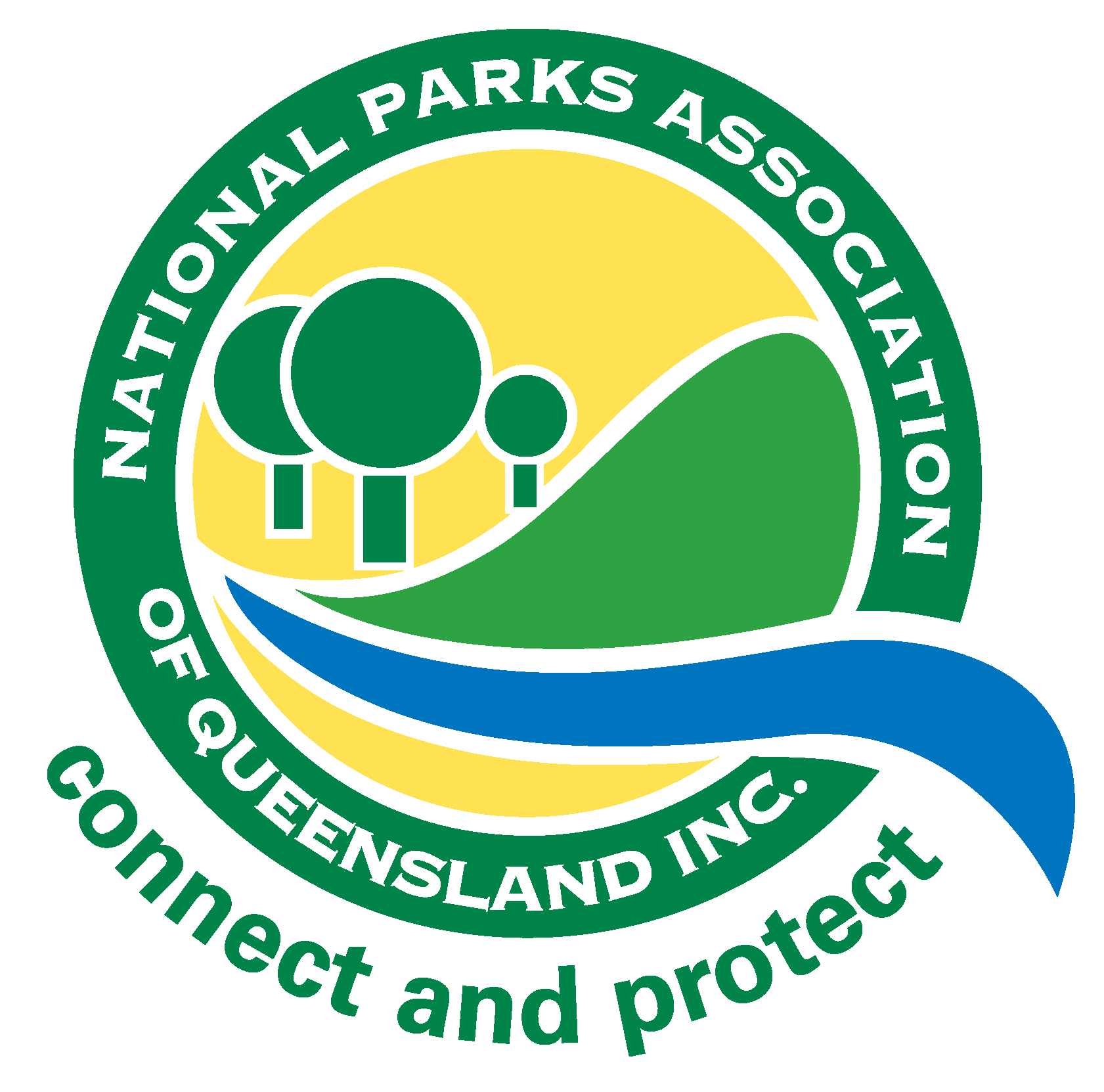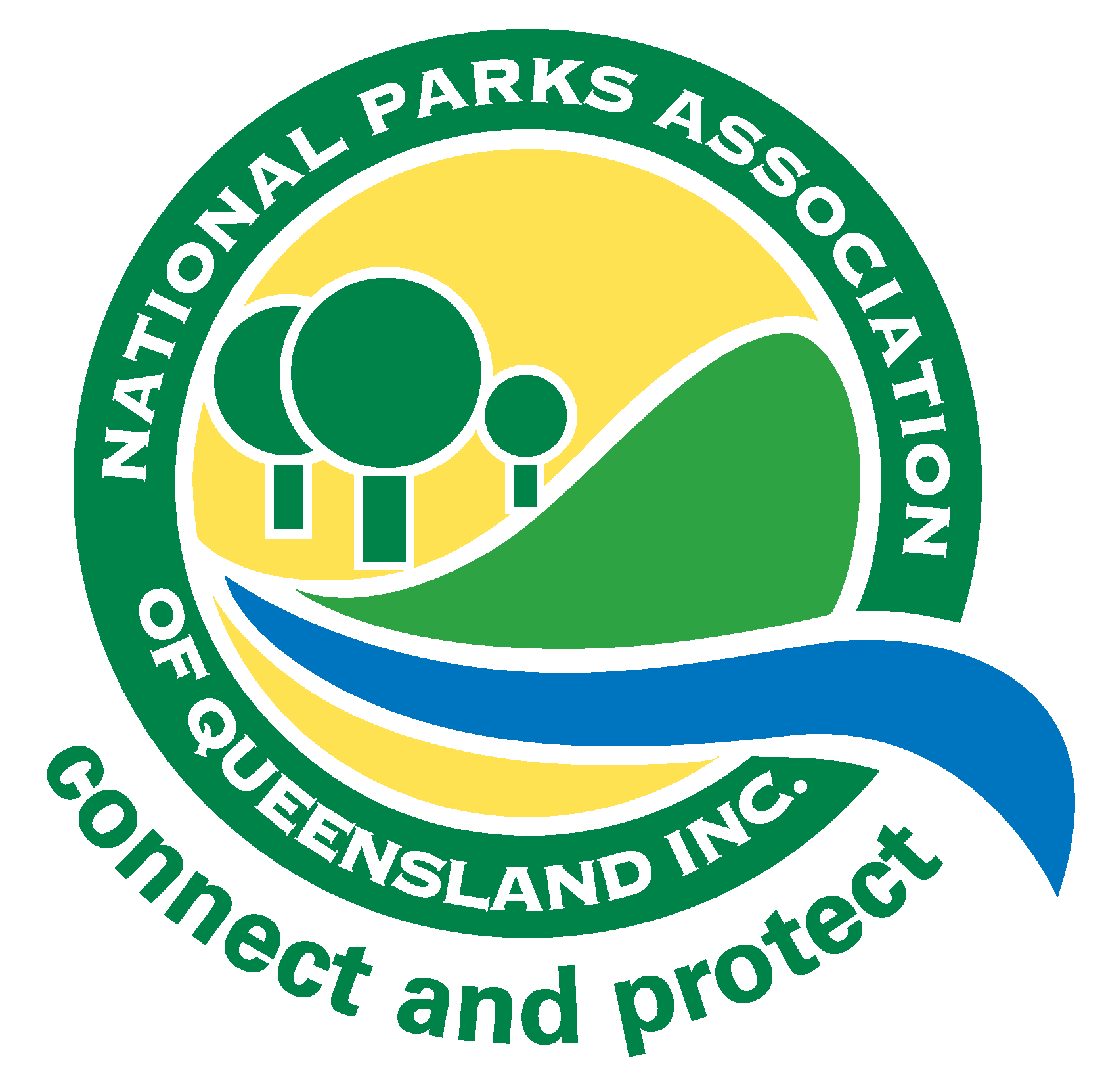Protected Magazine
From the President – Autumn 2024
A warm, wet (again!) Autumn welcomes us. A very important and strategic opportunity is on our agenda for this year, which is the cessation of logging in SEQ’s native State Forests, and their transition into Protected Areas (PAs) including National Parks.
Terminating logging in such areas is starting to occur nationally – it has already occurred in WA, and will cease in Victoria at the end of this year.
This presents an unprecedented likelihood to substantially increase the area and ecosystems represented in our PAs – especially in regions such as SEQ, where acquiring significant parcels of land is a real challenge.
The scale of this opportunity is substantial, with around 20,000 ha in SEQ to be transitioned by the end of 2024, and a further 60,000 ha in adjoining regions (e.g. Eastern Hardwoods) over the next few years.
I have called this a ‘once in a generation’ opportunity.
I attended the launch of Prof David Lindenmayer’s book “The Forest Wars” two weeks ago, and can highly recommend it as a very credible, well referenced book written in an easily readable style.
It debunks 37 myths of logging in native forests purported by the forestry industry. Four of these myths that resonated with me, and what the evidence indicates is really occurring are:
- Logging is good business: State governments annually pay hundreds of millions of dollars in subsidies to this industry. Without these, many forestry operations would be insolvent.
- We need native logging to build and furnish our houses: In 2022, 90% of native forest logging went to make woodchips or paper – mainly for export.
- Native forestry employs thousands of people: Relatively few people are employed, especially when compared to other sectors (agriculture, tourism, services) in regional areas where logging occurs.
- Selective logging is better than clear-felling: Logging changes the forest structure. Many species do not grow back, which removes habitat for some critical species. It therefore alters the biodiversity of the logged coupe.
David Lindenmayer is an acclaimed international expert in forest and woodland logging and biodiversity conservation, with over 40 years of research experience in this field.
He is worth paying attention to, especially given the relevance of this issue to SEQ and adjacent regions. Time moves on, and issues evolve to generate fundamental shifts in community attitudes and preferences.
An article outlining the key messages from the book is in this Protected – I highly recommend reading it.
It’s a book for our times.
Susanne Cooper
President, NPAQ


